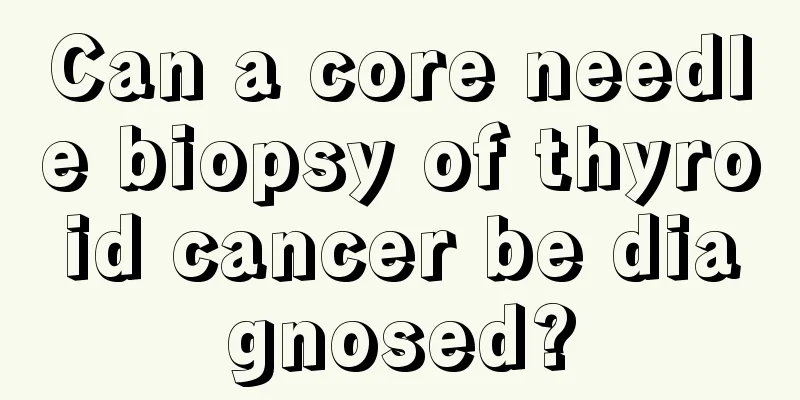What are the symptoms of myocardial infarction?

|
Myocardial infarction is a disease that many elderly people suffer from. The cause of the disease has a lot to do with the patient's physical function decline or eating habits. We should learn more about the symptoms of myocardial infarction. This will also help prevent diseases and protect your body in time. Symptoms before myocardial infarction: 1. Before a myocardial infarction, angina pectoris usually occurs frequently, and the pain is more severe and lasts longer than before. Previously, it could be relieved by a short rest, but before a myocardial infarction, it can occur even with slight activity or even rest. Even taking nitroglycerin has little effect, and the patient is often irritable and sweats a lot. 2. Before a myocardial infarction occurs, the patient may suddenly experience a series of symptoms of left heart failure, including unexplained coughing, shortness of breath, and other breathing difficulties, or even coughing up foamy sputum. 3. Some patients may experience cold symptoms or gastrointestinal symptoms such as dizziness, nausea, vomiting, diarrhea, etc. before the onset of myocardial infarction, accompanied by symptoms such as lack of energy, fatigue, drowsiness, and irritability. 4. Some patients will experience symptoms such as palpitations and shortness of breath before a myocardial infarction, and their pulse will often be irregular and repeated, accompanied by a drop in blood pressure. 5. Some patients reported experiencing chest tightness and angina pectoris before a myocardial infarction, and felt palpitations and shortness of breath with the slightest activity. 6. Some patients do not have typical symptoms of precordial pain before the onset of myocardial infarction, but instead experience toothache, left shoulder swelling and pain, and stomach discomfort. About 2/3 of patients with acute myocardial infarction have prodromal symptoms a few days before the onset of the disease, the most common of which is angina pectoris, followed by upper abdominal pain, chest tightness and shortness of breath. Half of the patients had new-onset angina pectoris, and the other half had existing angina pectoris, with sudden frequent attacks or aggravated pain and prolonged duration, with no obvious cause and poor efficacy of nitroglycerin. The angina attacks were accompanied by nausea, vomiting, sweating, tachycardia, acute heart failure, and severe arrhythmias. |
<<: Can Molluscum Contagiosum Heal On Its Own?
Recommend
What should I do if I have fever, headache, body aches and weakness?
Colds, fevers, and headaches are topics we often ...
How to completely cure fibroids
With the increase of life pressure, many people&#...
What is the cause of nausea, chest tightness and shortness of breath
Many people sometimes feel nausea, chest tightnes...
What foods are best for detoxification?
Abnormal detoxification function directly determi...
Is there any radiation if the computer is not turned on?
If the computer is turned off and not powered on ...
What is the fastest and best way to quit drinking
The fastest and best way to quit drinking, I beli...
What are the specific clinical manifestations of colon cancer symptoms?
Among intestinal cancers, colon cancer is a commo...
What kind of checkup should be done for internal hemorrhoids? Eat more light food
Many people with internal hemorrhoids are embarra...
There are several types of skin ringworm, mainly these six types
Skin ringworm is a disease caused by fungal infec...
Can milk storage bags be heated directly?
Milk storage bags cannot be heated directly. For ...
What are the differences between the symptoms of gastrointestinal cancer and gastroenteritis
Gastroenteritis and gastrointestinal cancer are b...
Two methods of castration treatment for prostate cancer
Castration therapy is a type of endocrine therapy...
Category I pollutants
Garbage must be classified, and the first type of...
Symptoms of esophageal lymphoma
Lymphoma is a disease that is easy to get. There ...
How to check for endometrial cancer at the hospital
Endometrial cancer is a gynecological tumor. Pati...









